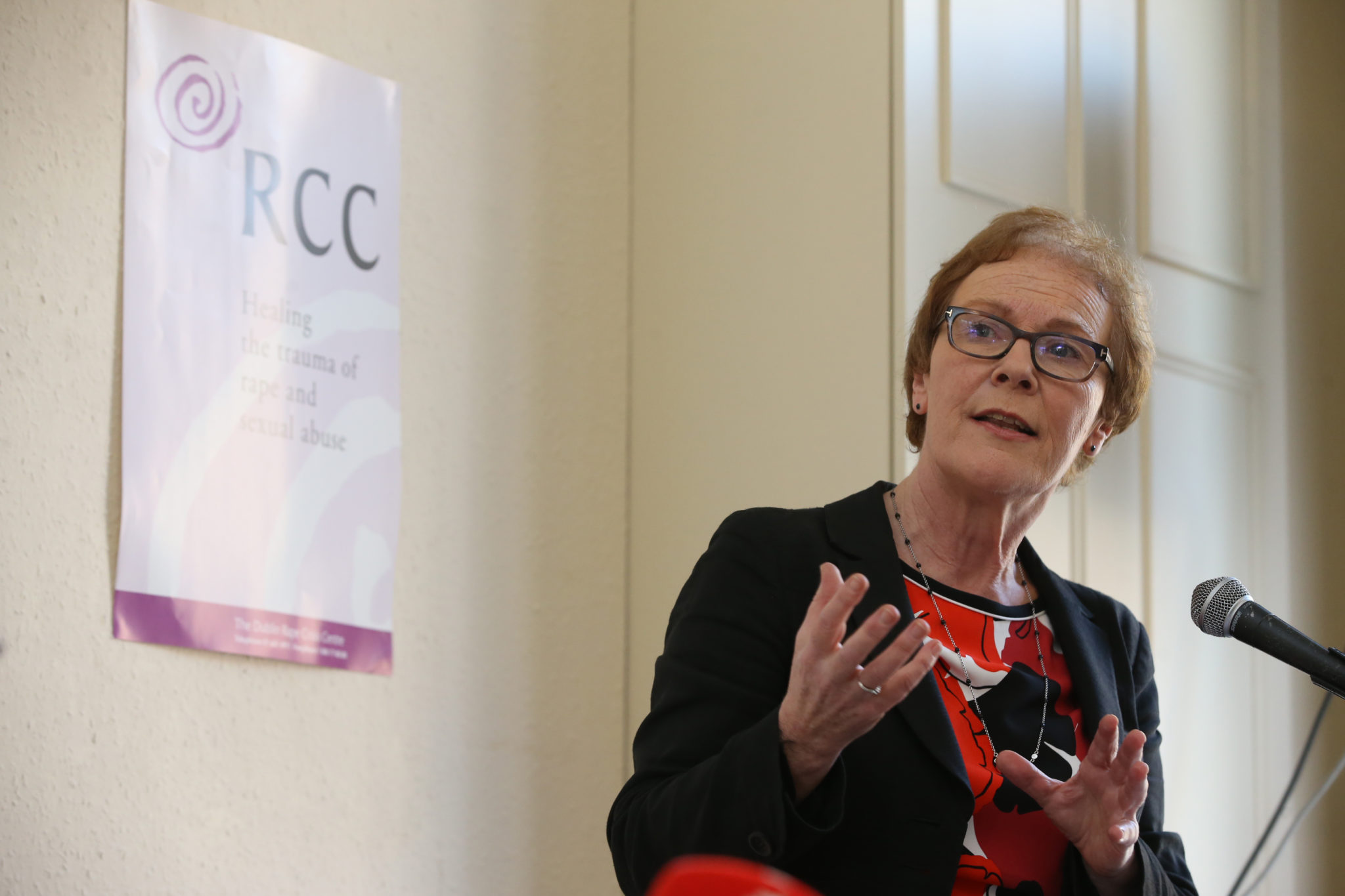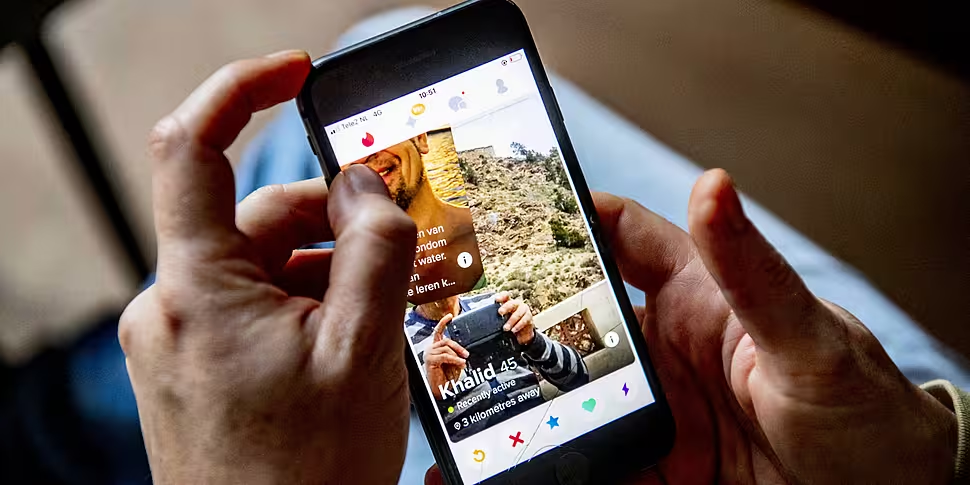Protecting people on dating apps is going to be “much more complicated” than introducing background check requirements, according to Dublin Rape Crisis Centre.
It comes after the company behind Tinder, OKCupid and Hinge announced plans to include background checks in its dating apps.
The company is to partner with non-profit background check company Garbo, which aims to develop a short-form background check that flags information on dating app users without revealing addresses or phone numbers.
Critics have warned that the plan could breach user’s right to privacy and effectively discriminate against people who are living with criminal records.
On Newstalk Breakfast this morning, the Dublin Rape Crisis Centre CEO Noeline Blackwell said dating apps should be focusing on tackling fake profiles.
“Anything that makes online dating safer [is good],” she said.
“Anything that gives people more information about who they are talking to or who they are proposing to meet has to be good in principle because the real problem with these profiles for the various companies is that so many of them are fake.
“Fake because they put up wrong information; fake because they don’t put up enough information or even fake because they make false profiles of real people on an abusive basis.
“So, the real problem is the anonymity of them right now and the fact that, as we stand right now, even if you go looking for reality, you can’t get it. They can stay anonymous – you can’t get to the source of them.”
 Dublin Rape Crisis Centre CEO Noeline Blackwell. Image: Sam Boal/RollingNews.ie
Dublin Rape Crisis Centre CEO Noeline Blackwell. Image: Sam Boal/RollingNews.ieShe said protecting online daters is going to be “much more complicated” than introducing background checks.
“The media companies are going to have to do more than set up an app,” she said.
“They are going to have to have better ways of ensuring that, at base, if abuse happens or if wrongdoing happens, they can identify the people involved.
“This is why, what is happening right now, say at the level of law where the Government is looking at introducing a new media bill [is good] because there needs to be regulation of social media companies.
“What is there right now is not strong enough but at least there is something starting there so we need that legal oversight.
“We need companies to be much clearer and much less willing to accept wrong information. Then we need any app to make sure that it is protecting people’s rights to privacy and not allowing the app itself to be abused the way the social media companies can be abused right now.”
Background checks
Ms Blackwell said there are three main problems with introducing background checks without a system to properly verify people’s identities.
“Right now, what I think this app could do is, first of all, they could gather wrong information about people, secondly people could maliciously put up abusive information that could be included in a background check and thirdly, there is that business of privacy, where somebody has a minor conviction at some stage,” she said.
Tinder safety
She said she believes the technology will “get to stage eventually” where people's right to privacy is balanced against the need for safety.
“Once we regulate the internet in the same way we regulate other information, we will balance people’s rights to privacy – their right to put up information without revealing everything about themselves – with the need to have some basic level of truth,” she said.
You can listen back here:









